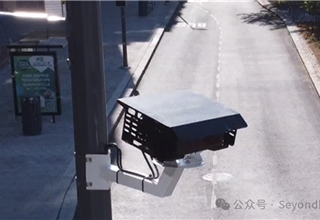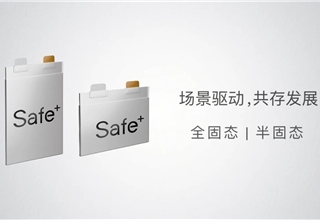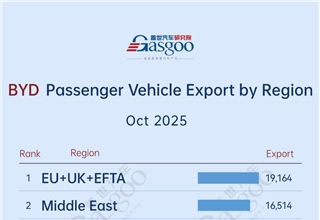In 1989, catalytic exhaust emission controls became mandatory for cars in Sweden. At the beginning of 2006, some 3.7 million cars or 90% of those on the road were fitted with catalytic converters. As a result, car exhaust emissions in Sweden have fallen dramatically in spite of greater traffic volume.
Volvo Cars' philosophy is to develop cars that combine high safety with low environmental impact. Textiles and leather upholstery meet Öko-Tex Standard 100, the world’s leading eco-labeling norm for fabrics and leather. Exhaust purification eliminates 98 percent of the carbon monoxide and hydrocarbons emitted. In 2002, Volvo Cars launched an engine in the U.S. that meets California PZEV requirements, the toughest emission standards in the world. This has been made possible thanks both to new techniques for heating up the catalytic converter in cold starts and to zero evaporation. The engine is available in California and six other so-called Green States in the U.S. The Volvo S80, S60 and V70 are available with a Bi-Fuel engine that runs on methane gas (renewable biomethane or compressed natural gas) with gasoline (petrol) as a back-up. The Volvo S40 and V50 are available with a FlexiFuel engine that runs on E85 (85% renewable bioethanol and 15% gasoline). Every Volvo is designed for 85 percent recoverability. Volvo was the first car manufacturer to introduce Environmental Product Information (EPI) for all models. EPI provides a uniquely comprehensive picture of the car’s environmental profile throughout its lifetime.
In order to satisfy future demands for more environmentally sustainable vehicles, the Volvo Group has unveiled a series of experimental hybrid vehicles. Their drivelines are all based on the same concept, which combines a gas turbine, a high-speed generator, batteries and an electric motor. In their electric mode, vehicle emissions are zero, and when the gas turbine is used, emissions are substantially lower than with today’s best mainstream heavy vehicles.
To acknowledge the importance of environmental research, in 1990 Volvo established a yearly Environment Prize. It is awarded by an independent jury and goes to researchers who have made an outstanding contribution to understanding the environment through a scientific, socioeconomic or technological innovation or discovery.
Saab Automobile has been at the forefront of the environmental movement for nearly 20 years. Saab cars are manufactured using low-emission processes, recyclable plastics, CFC-free foams and refrigerants (AC systems) as well as asbestos-free brake and clutch linings.
Saab BioPower is the first flexi-fuel vehicle that produces significantly more power when driving on bioethanol. The concept is designed around the Saab Turbo technology and the Saab Trionic engine management system.
Due to continuous development work, today’s Scania diesel engine consumes 20% less fuel than its counterpart 20 years ago and has 30% higher maximum output. A Scania truck also makes only one sixth as much noise as one produced ten years ago.
Meanwhile emissions from both Scania’s production plants and vehicles have fallen sharply, and around 90% of a Scania chassis can be recycled today. Scania buses powered by ethanol, natural gas and other alternative fuels operate in Sweden, Australia and elsewhere.









